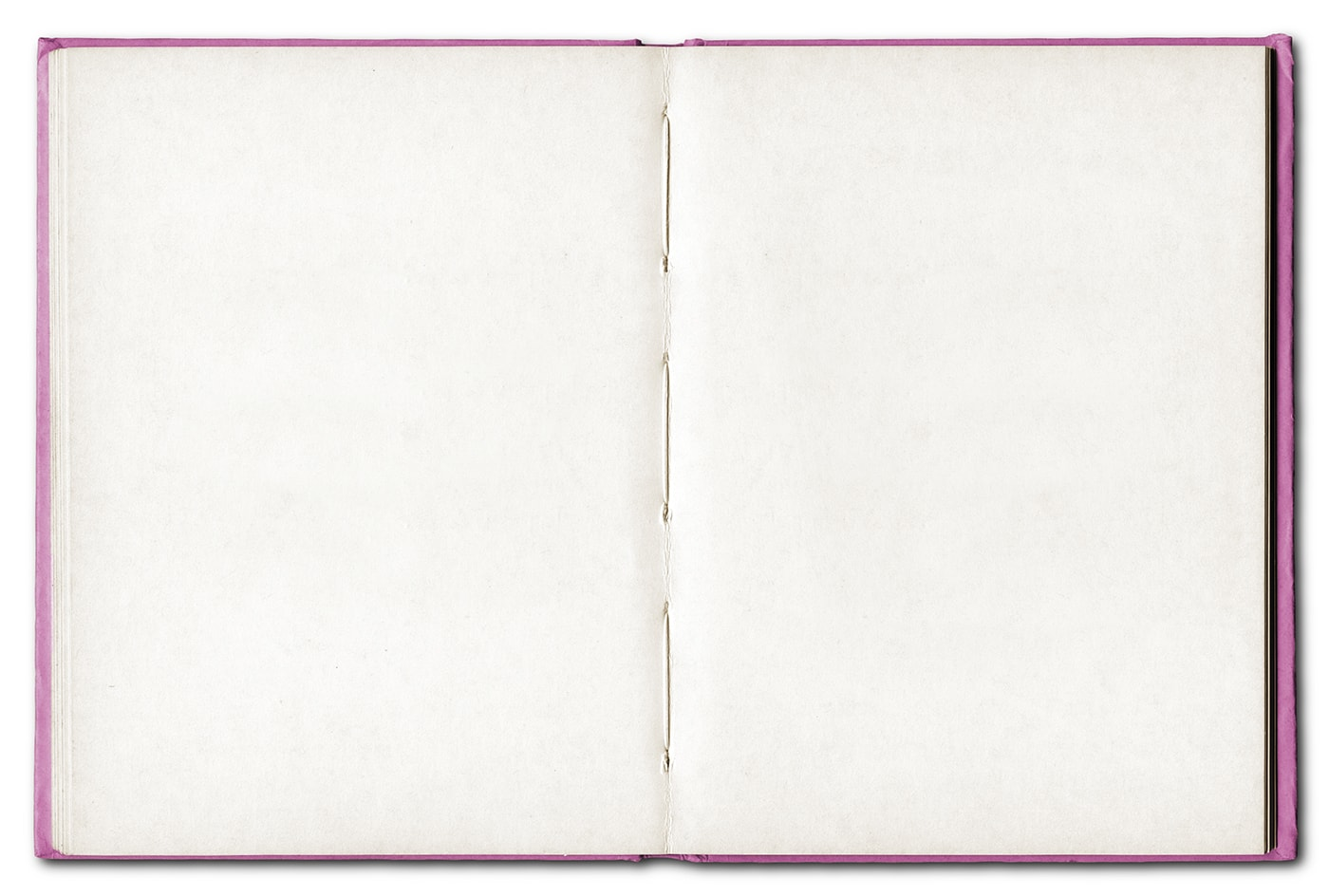Walking changes the body. But it also requires a body, a certain kind of privileged body, which can walk the walk. In my movement forward, I wanted to prove something to myself. I would be tough too. A steady sound of stamping feet, a reliable proceeding, was recorded on my phone during interviews. I can hear the determination in those footsteps. My feet, their feet creating a collective rhythm of walking.
The march was over, and I found someone to drive me to my car parked outside the base. There, I reflected: I had walked in, and I wanted to stay. Emotionally, I no longer cared where I was, and why I was there. I was confused and content at the same time. Militarism – is that about mistaking abuse for love? Love for the fatherland… remember… paid the price with their lives. The military offers attunement, and thrill, and excitement too. Deployment can be a source of trauma, but it can make life worth living. It is so full of contradictions that I see no other response than contradicting through and out.
Cadets, or any other group in military uniforms, were other to me, in a way that, I am ashamed to admit, is dehumanising. They were a group of people I could not identify with. Until I could. I had roles in mind for all of us, none of which involved me in any loving condition. Yet, there I was, receiving. There I was, marching with pleasure, without a second thought.
Chapter
What was the reparation?
The small acts – shame; walking in; being a body, leaving a body; and arrival – are intruders in a rationalist narrative. Emotions just barge in uninvited and untamed. Emotions, they are real.
The beginning is coloured by feelings of shame. I do not remember ever hearing a researcher speak publicly about their shame. Shame is like that; it does not want to be spoken of.
The second act casts light on moments of care which proved to increase my shame-resilience. The further I walked with the group, the better I felt.
The third act takes me further from a core-shame of being the wrong kind of body for the world. Exhilaration becomes the somatic marker of the small, yet meaningful, ethnographic moment which attaches my body to the idea of the cadet. My life-long experience of being feminised, girled and sexed vanishes for a moment.
The reparation is pleasing. It is also unsettling. It consists of an emotional investment. It is intimacy and reflexivity. It is being present as a body and then leaving a body behind. It is walking side by side. The reparation is also not knowing. It is a refusal to bow to a violent epistemology, to affirm a hierarchy.







